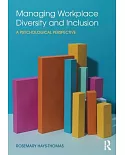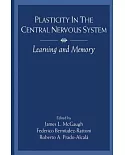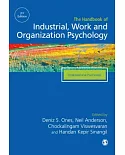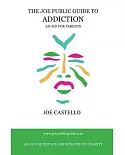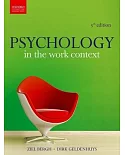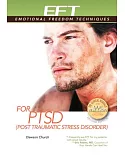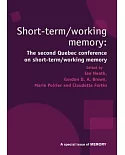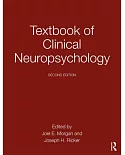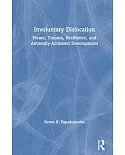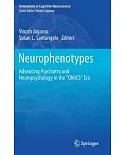Written in a reader-friendly style, this guide focuses on helping adolescent and adult clients who engage in repetitive, chronic self-destructive behaviors, which are usually seen in those who
have experienced abuse, neglect, and traumatic experiences. Early chapters explain the origins of self-destructive behaviors and describe the strengths-based approach to working with trauma
survivors. There is also discussion of the role of attachment, and links between eating disorders, addiction, and self-destructive behaviors. Later chapters give advice on the cycle of
self-destructive behaviors, identifying triggering events, and working with anxiety and negativity. There is also a section on therapist self-care, covering control issues, appropriate
boundaries, pacing the sessions, and supervision. Techniques are demonstrated with vignettes and therapist-client dialogues. Ferentz provides continuing education to mental health
professionals. Annotation 穢2012 Book News, Inc., Portland, OR (booknews.com)


